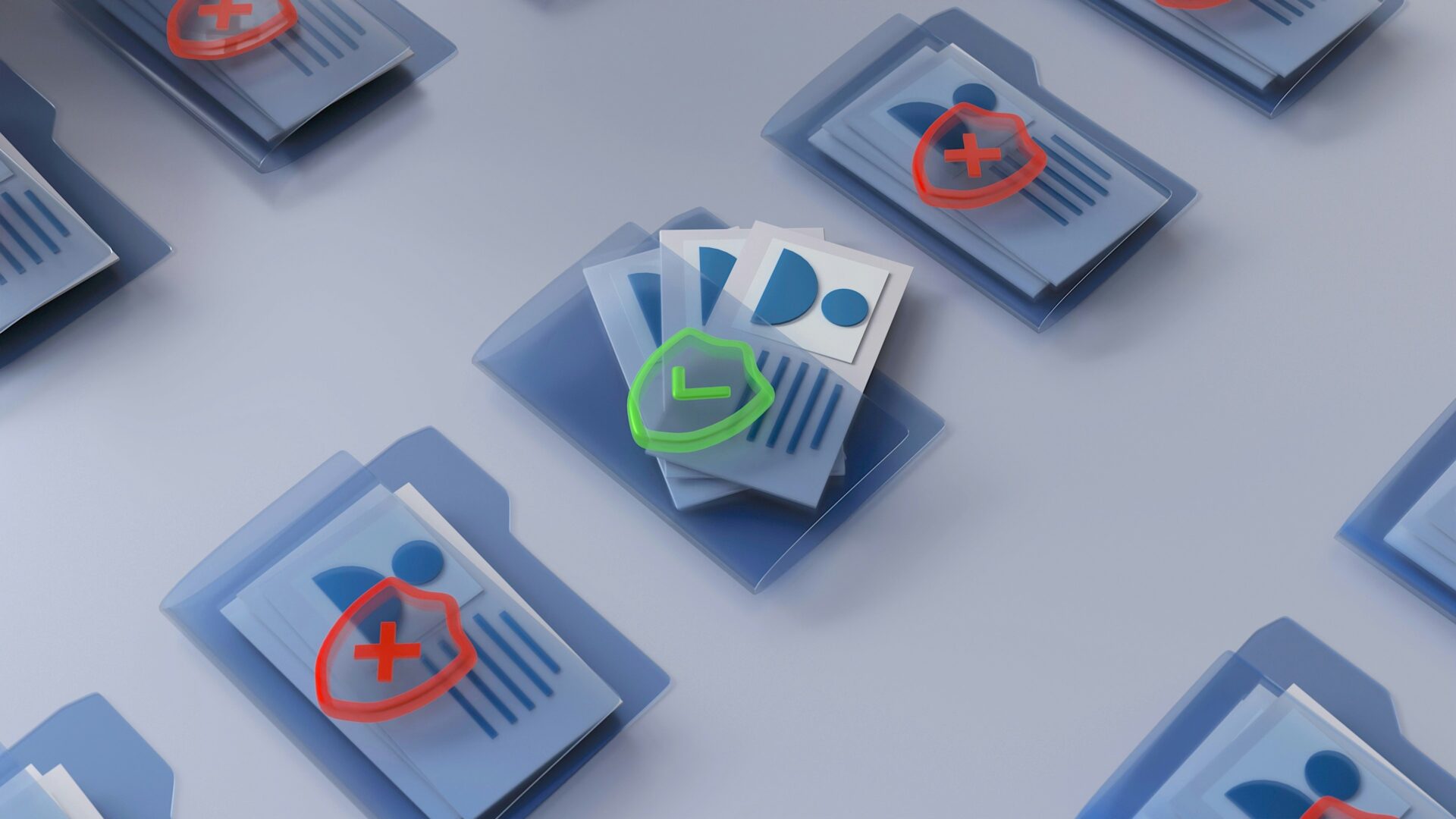According to The Guardian, the UK Ministry of Defence has experienced a significant data breach in which the personal information of current and former military personnel has been hacked. The breach targeted a third-party payroll system used by the MoD, which compromised the names and bank details of those affected. While no data has been removed, investigations are ongoing.
The Defence Secretary is expected to address MPs on the issue, attributing the breach to hostile actors without specifying the country involved. Affected personnel will receive alerts and specialist advice, with no impact expected on salary payments.
This incident follows previous accusations against China for cyber attacks, which has prompted calls for a tougher stance against such threats. The MoD has assured personnel that they will receive support and protection during this breach. China has denied involvement, rejecting the politicisation of cyber attack issues.
This recent security breach at the Ministry of Defence highlights the urgent need for strong cybersecurity measures to protect HR and payroll systems against hackers. This incident calls for a thorough investigation into how organisations can strengthen their systems against such threats and guarantee the security of confidential employee information.
Companies That offer human resources software solutions in the UK include:
Why Should Companies Secure Their HR And Payroll Systems?
Securing HR and payroll systems is vital for companies to protect sensitive employee data. These systems hold a lot of confidential information such as payroll details, social security numbers, and personal addresses. If this data is not adequately protected, it can lead to severe consequences, including financial losses, identity theft, and damage to the company’s reputation.
In addition, breaches in HR and payroll systems can result in legal liabilities and regulatory penalties, further emphasising the critical need for robust security measures. Taking proactive steps to secure these systems demonstrates a commitment to protecting employees’ privacy and maintaining trust within the organisation.
How Can Companies Secure Their HR And Payroll Systems?
Securing HR and payroll systems is crucial for both established companies and startups to protect their valuable data. Without implementing strong security measures, companies run the risk of exposing sensitive information to potential breaches and cyber threats. By prioritising the protection of their systems, businesses can maintain the trust of their customers and uphold the integrity of their operations.
A Strong Foundation: Control Access And Encrypt Data
Ensuring the security of your HR and payroll systems begins with controlling access and encrypting sensitive data. By strictly limiting system access to only those who require it for their roles, and regularly reviewing permissions, you can mitigate the risk of unauthorised access.
Additionally, employing multi-factor authentication (MFA) adds an extra layer of protection by requiring additional verification beyond passwords. Encrypting data, both while stored and in transit, further safeguards against potential breaches, ensuring that even if intercepted, sensitive information remains unreadable to unauthorised individuals.
More from Guides
- Top Alternatives To LastPass
- What Is an Indie Hacker?
- Starting a Business in Azerbaijan
- Top Alternatives To Wise For Payments
- Leen Kawas: How to Turn Team Disagreements Into Scientific Breakthroughs
- How to Onboard Remote Workers In Less Than a Day
- How to Apply For Startup Grants In Europe
- Five Practical Steps to Maximise Your Machine Learning ROI
Empowering Your Team: Educate On Security Best Practices
Empowering your employees with knowledge of cybersecurity best practices is crucial in fortifying your company’s defences.
Through regular training programs, employees can learn to identify and respond effectively to potential threats such as phishing emails. Conducting phishing simulations provides practical experience in recognising and avoiding phishing attempts.
Establishing clear reporting channels can also encourage prompt reporting of any suspicious activities, fostering a culture of vigilance and proactive security awareness among your workforce.
Sustaining Defence: Update Systems and Manage Patches
Sustaining the security of your HR and payroll systems requires proactive maintenance and timely updates. Regular software updates, including operating systems and applications, are essential to address known vulnerabilities and strengthen your defences.
Implementing a robust patch management system ensures that critical security patches are applied promptly, reducing the window of vulnerability. Maintaining regular backups of your data is also crucial, enabling swift recovery in the event of a cyberattack or system failure.
Strengthen Security: Employ Firewalls And Antivirus Tools
Strengthening the security layers around your HR and payroll systems involves deploying essential security measures such as firewalls and antivirus software.
Firewalls act as gatekeepers, controlling network traffic and restricting access to authorised sources. Installing reputable antivirus and anti-malware software on all devices accessing these systems helps detect and prevent potential threats.
Additionally, considering the implementation of Data Loss Prevention (DLP) tools can further safeguard against unauthorised data transfer, ensuring the integrity of your sensitive information.
Beyond Basics: Monitor And Utilise Threat Intelligence
Going beyond the basics of cybersecurity entails continuous monitoring and leveraging threat intelligence to stay ahead of evolving threats.
Utilising Security Information and Event Management (SIEM) tools enables real-time monitoring of network and system activities, allowing for timely detection and response to potential security incidents. Regular vulnerability assessments help identify and address weaknesses in your HR systems proactively.
Keeping abreast of the latest cyber threats and trends through threat intelligence feeds empowers your organisation to adapt its defences accordingly, ensuring ongoing protection against emerging risks.
The recent data breach at the Ministry of Defence underscores the urgent need for robust cybersecurity measures, particularly in safeguarding HR and payroll systems. With personal information compromised, the incident highlights the potential risks faced by organisations and the necessity for comprehensive protection strategies.
As the Defence Secretary prepares to address MPs on the issue, it is imperative for companies to learn from such breaches and reinforce their security protocols. By prioritising the integrity of sensitive data and staying vigilant against evolving threats, businesses can ensure the resilience of their systems in the face of cyberattacks.

